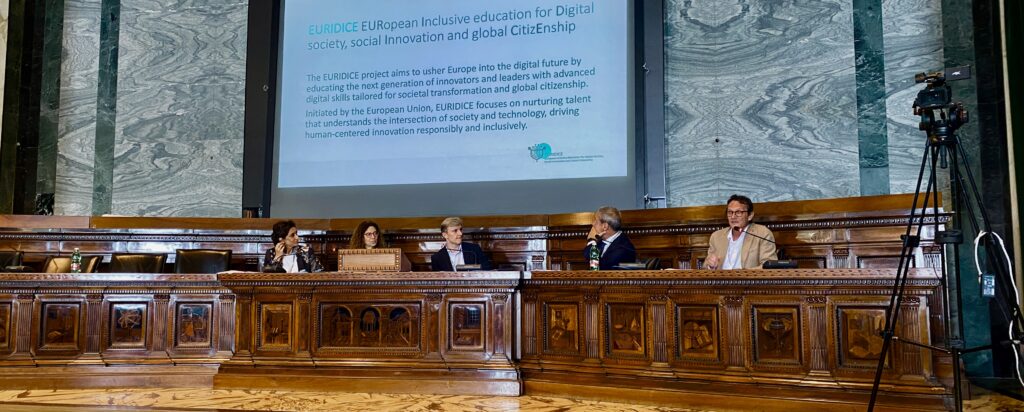Can AI give African farmers better rain forecasts?
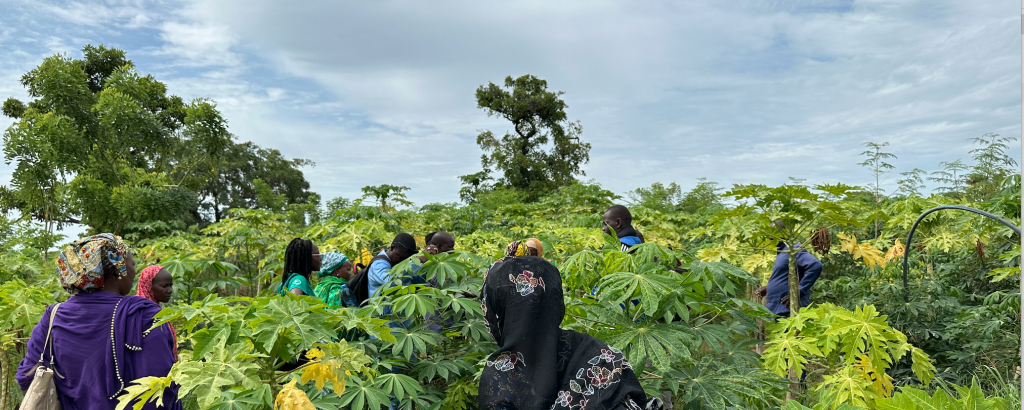
Artificial Intelligence is being used in many areas and fields of application. In ICT for Development we are piloting AI projects to find out how to make AI useful for people in low resource environments. The thesis of Tom Siebring is one of these endeavors. In the West African Sahel, rains are erratic, while farmers mostly rely on rainfed agriculture. Weather forecasts are often unreliable, due to the lack of ... Read more
by
Predicting conflicts with data: explainable probabilistic forecasting – a master research project
Can we predict war using data and intelligent models? And how certain would we be in our predictions? A recent master research project by Oleksandr Zakotianskyi tries to answer these important questions… “A new wave of violent conflicts around the world raises concerns about the security of the whole world. According to the Armed Conflict Location and Event Data (ACLED) Conflict Index, 12% more conflicts occurred in 2023 compared to ... Read more
by
Hedy Programming Language Training: igniting passion for coding
Digital Skills are at the heart of the Digital Europe Programme and the EURIDICE project. This is not different for Sarawak, Malaysia. Also there, many young people are interested to learn programming, but this is a challenge for them due to a lack of platform and support. For them, learning to code is challenging and only those studying computer science are able to do it. Yet, which programming language to ... Read more
“Make the bot speak your language”
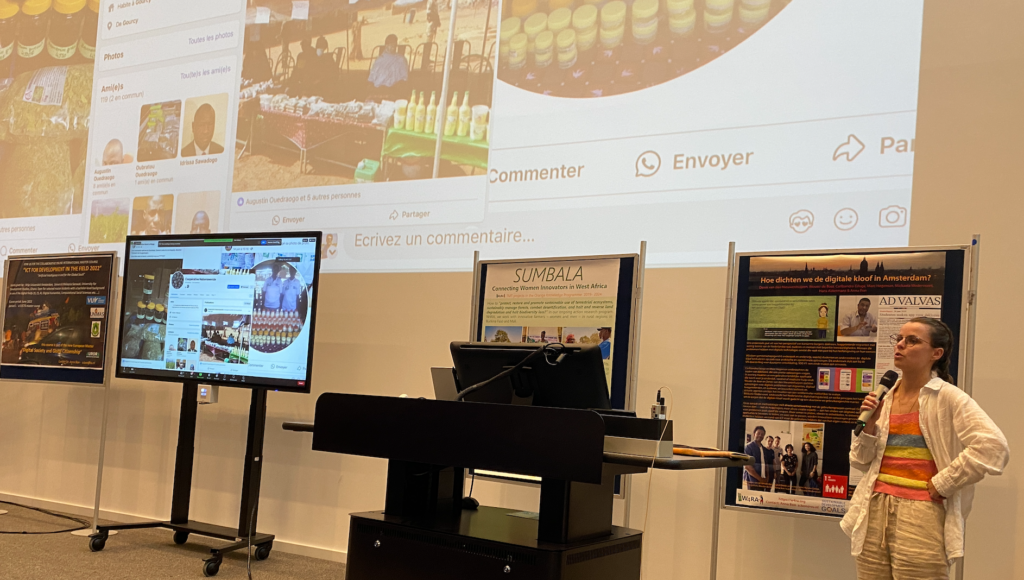
This master research project in ICT4D, contributes, by placing human-centered design at the forefront, to the broader discourse on technology’s role in rural development.
by
Connected World Outreach event: Symposium “Perspectives on ICT4D”
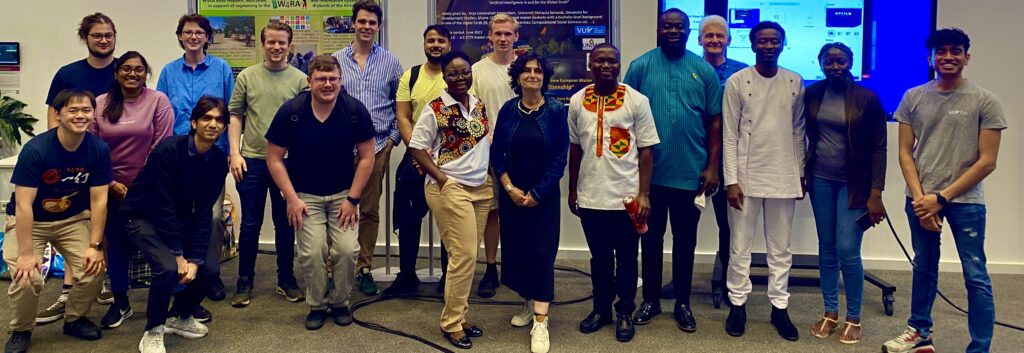
A mini-symposium was devoted to ICT for Development in the Field. ICT4D is an interdisciplinary research topic, to explore design/deployment of digital technologies for communities in resource-contrained environments. It is based on a research program at VU that runs since 2009. Students following this course design socio-technological solutions based on use cases provided to them by users in rural regions of Africa and Asia.
3rd ACM Digital Humanism Summer School

Digital Humanism is an interdisciplinary field that examines the complex interplay between technology and humankind with the aim of creating a better society and improving our lives. It recognizes that an interdisciplinary approach is necessary, breaking down disciplinary silos and integrating humanities, social, technical, and engineering sciences.
EURIDICE at 20×30 Europe’s Advanced Digital Skills Summit
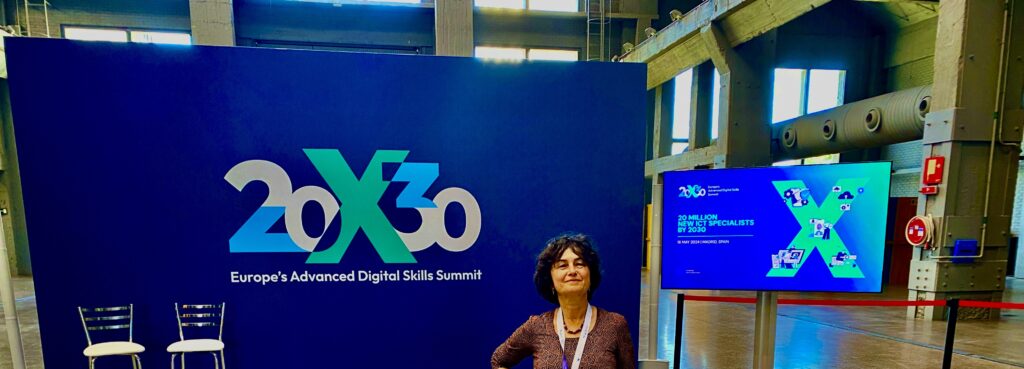
Madrid, 16 May 2024 – The “20×30: Europe’s ADS Summit”, took place today in La Nave in Madrid. How to train 20 million European citizens in the next five years, to become specialists in Advanced Digital Skills: that is one of Europe’s priorities underpinning the Digital Decade policy initiative, in this era of rapid technological evolution. The EURIDICE project was one of the few projects that were invited for a ... Read more
Successful EURIDICE joint degree workshop at Palacky University
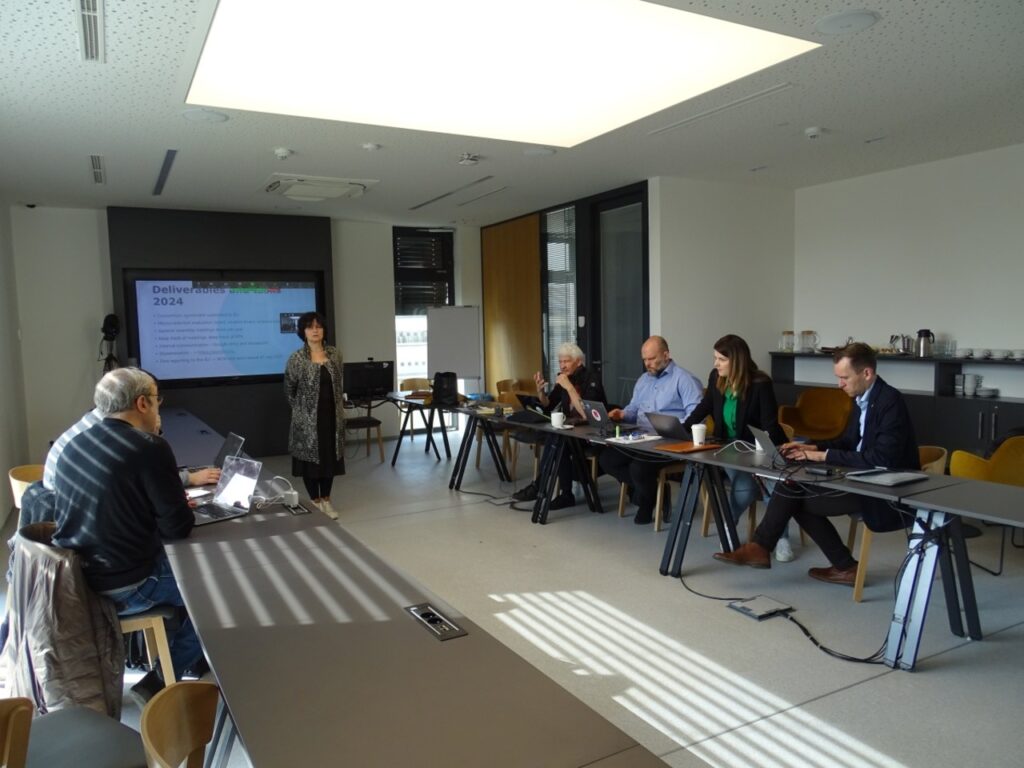
Olomouc, 24 April 2024 – A new international study programme is being prepared. Text and pictures are by Michal Zych, Olomouc, 24 April 2024 – translated from the original Czech article. EURIDICE’s Joint European Master’s programme on Digital Society, Social Innovation and Global Citizenship, which will start its teaching in September 2025, will equip students with advanced digital skills, legal knowledge and related social knowledge. The curriculum is currently being ... Read more
“Disasters, technologies and societal resilience” EURIDICE expert lecture
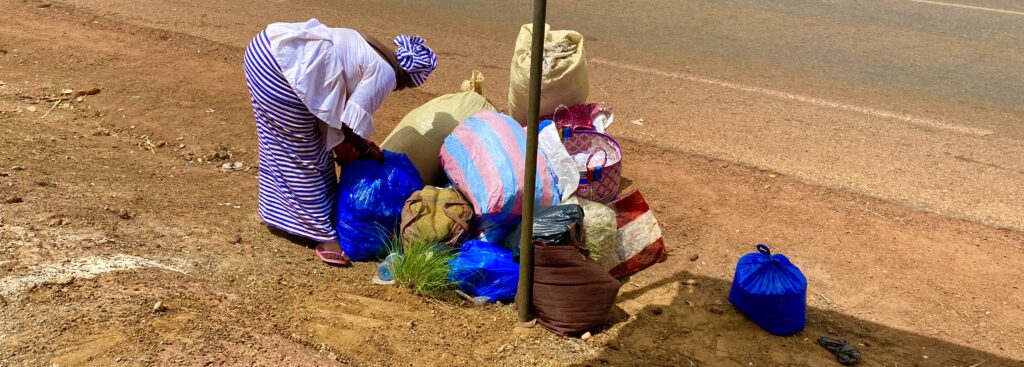
Amsterdam, 12 April 2024 – Guest lecture by Kees Boersma, professor of socio-technical innovation and societal resilience. Vrije Universiteit Amsterdam, W&N Building De Boelelaan 1085, D107. Audience: Computer Science, Information Sciences, AI master students in the ICT4D elective module (96 master students), and project partners from Babafla and UDS. Amsterdam, 12 April 2024 – In this lecture, Kees Boersma explains how disasters are actually not natural. Hazards such as earthquakes ... Read more
by
